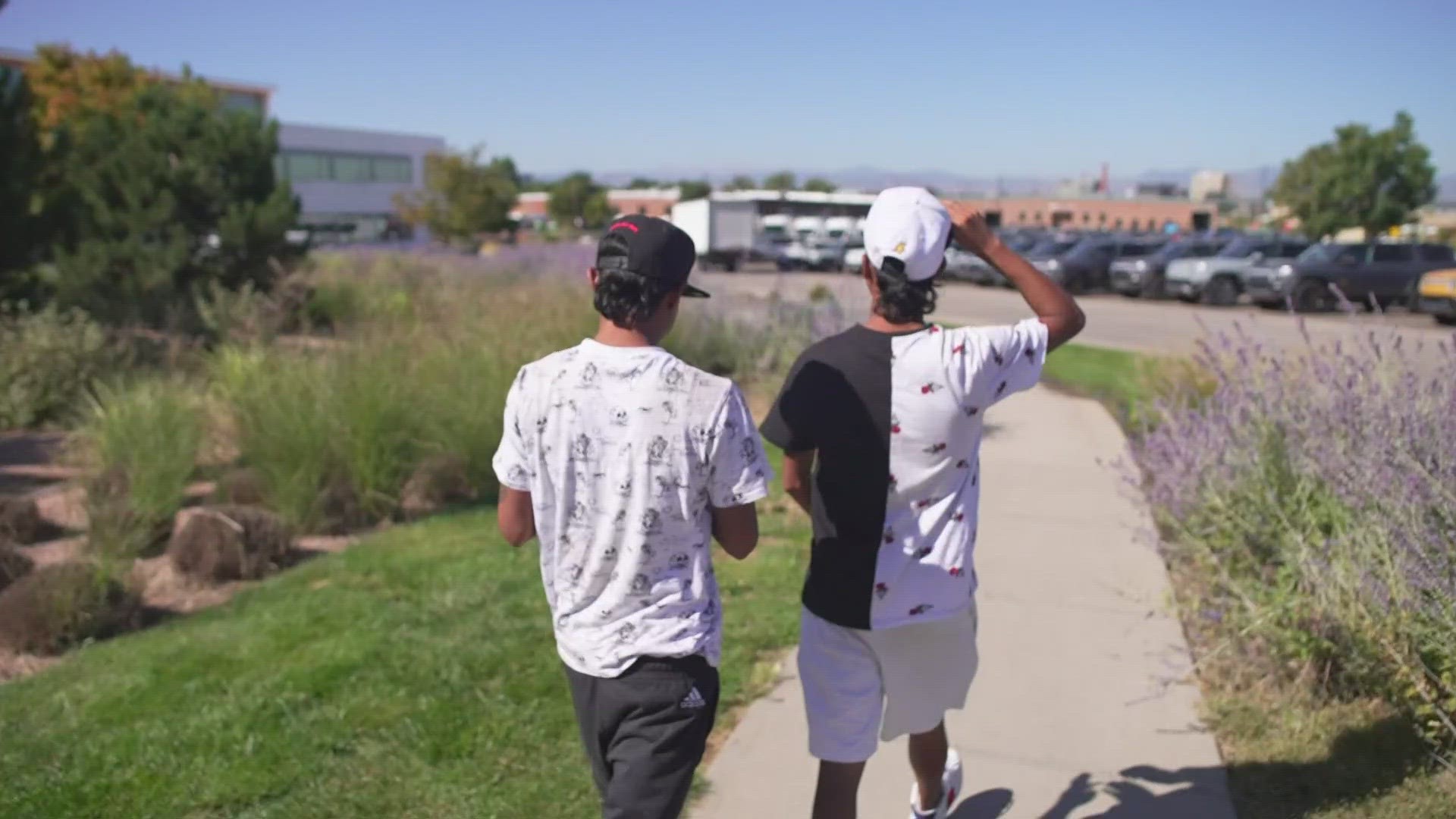DENVER — A surge at the southern border has pushed the number of migrants being sheltered in Denver north of 1,650 – more than three times what it was in June and July.
The recent uptick, which has seen more than 200 migrants a day arriving in Denver, left city officials looking for more shelter space and calling on the federal government to provide more funding.
It’s an issue that’s been playing out in El Paso, Texas, in recent days.
“This has been building up over time to the point that it's gotten to a crisis,” said John Martin, deputy director of the Opportunity Center for the Homeless in El Paso, which operates 10 shelters in the city.
Three of those shelters have “open door” policies and are housing large numbers of migrants.
“It’s really been building up within the last month,” Martin said. “Our shelter system is basically bursting at the seams at this point.”
He said the majority of the migrants who have come to El Paso in recent days are from Venezuela – and that many want to get to Denver.
“Whether it be real or perceived, they're under the impression that if they can make it to Denver, that a ticket will be purchased for them to get them to an alternate destination,” Martin said.
He said that word is spreading primarily on social media.
“So if you have one individual that goes to Denver, as an example, and a ticket is purchased for that individual, then it is posted on social media, and then it is broadcast to multiple individuals, and it becomes their reality, then it becomes a reality,” he said. “It’s almost like it's a follow-the-leader type program now – OK, they've been successful, I'm gonna follow them at this point, and see if we can have that same level of success.”
Among those at Denver’s migrant intake center Monday was David Poundstone, a Quaker who is a member of the Mountain View Friends Meeting. The group took in a couple from Venezuela in June.
“We happen to have an apartment in our church building,” he said.
But other family members arrived last Thursday, and Poundstone said there was no way his church could put them up. So they brought them to the Denver intake office to try to help them find accommodations.
Those family members were supported financially by the couple who came ahead of them, found jobs and earned money that they sent back to Venezuela.
It took those family members 44 days to get here.
“It’s very arduous, and one of the members of the family just turned 1,” Poundstone said. “They had some consequences, you know – they were sick for a while; they saw death on the trail; and there’s always fear of being extorted.”
He said that in talking with the couple who has stayed with the group since June, one thing was clear: they were desperate to leave a place where they could not find jobs to support their family.
“They’ve described all sorts of ways that they just can’t survive with the rations or the money that the government’s giving,” Poundstone said.
SUGGESTED VIDEOS: Latest from 9NEWS

